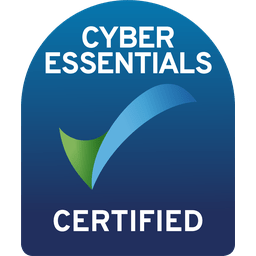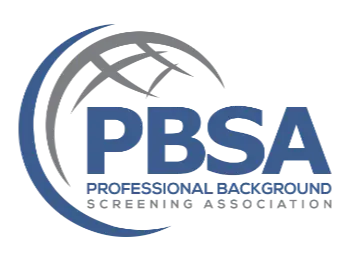Are you confident that your entire personnel – from casual staff to head teacher– are conducting themselves appropriately online?
As the UK’s leading Social Media Checks provider, schools trust us to carry out rigorous online searches that distinguish between suitable and unsuitable candidates – a practice that is fundamental to the safeguarding of our children.
In this week’s blog, we invite you to discover our best practices for implementing Social Media Checks in a school setting. Contact us if you are ready to join our community of empowered schools or simply want to find out more about our online vetting process.
What is an Education Social Media Check?
Education Social Media Checks protect students, staff and parents by identifying online behaviours that do not align with the Department for Education’s (DfE) teachers’ standards. These are:
- Dishonesty or lack of integrity
- Harmful to students or children
- Radical personal opinions
- Intolerance towards British values
- Connected to banned organisations or hate speech
Covering an online history of 3 years (Education Essential Checks) or 5 or more years (Education Premium Checks), SP Index checks provide a depth, scope and consistency that is extremely difficult to replicate with in-house Social Media Checks.
The Role of Social Media Checks in Safeguarding Students
While DBS checks inform employers of their candidates’ criminal history, professional Social Media Checks provide an insight into the way they interact with others online and the types of content they are drawn to – which is often representative of their character.
Even when teachers’ inappropriate behaviour is limited to the digital space, there is a potential that students will be exposed to such content online, which is not only damaging for parents and students, but also for the school’s reputation.
The Risks of Not Performing Education Social Media Checks
Education Social Media Checks have already made themselves at home in the recruitment process of many schools. With the DfE recommending online searches in their KCSIE guidelines, it is increasingly unwise for schools to turn a blind eye to the power of professional Social Media Checks.
We don’t have to look far to find evidence that neglecting Social Media Checks can harm students and other stakeholders. Most times a teacher is disciplined for using social media inappropriately, it is likely that this could have been prevented with a compliant Social Media Check.
A Warrington teacher, working at a school for children with SEMH needs, was dismissed from her position in 2019 after using derogatory language towards students. The investigation also discovered the teacher had vented about students on Facebook – highlighting the link between employees’ behaviours online and in the workplace.
Aside from references, there is no clear way to assess a job applicant’s behaviour at work prior to their first day. This makes Social Media Checks highly valuable for uncovering potential risks in the applicant’s attitudes, behaviours, language, and lifestyle.
If a safeguarding risk does escalate in a school that does not perform Social Media Checks, the school is more vulnerable to criticism from parents (and prospective parents), staff, and the public.
Best Practices for Implementing Social Media Checks in a School Setting
It’s easy to agree that only those with a risk-free online presence should take on safeguarding roles, including working with students. However, implementing this can be much harder.
Take our expert advice, based on working with schools all over the UK, to incorporate Social Media Checks into your school in a safe, secure and compliant manner.
Update policies
Legally speaking, schools that implement professional Social Media Checks are data controllers, and the organisation carrying out the research is the data processor.
As the data controller, schools must ensure their policies are updated for compliance.
It’s also important to find a professional screening company with its own updated policies reflecting objectivity and compliance when carrying out social media checks.
Communicate
To build trust and demonstrate a privacy-first approach schools should be mindful about the good practice to inform job applicants of the online search at the earliest possible stage of the recruitment process.
If risks are later identified, the candidate has already prepared themselves for such a scenario, and they may be more likely to engage in a productive discussion with the employer.
Weigh up risks fairly
Though SP Index cannot advise schools on whether to progress with the recruitment of candidates, we can encourage the careful consideration of risks.
Adverse content comes in many forms. In some cases, it may be sufficient to simply ask a candidate to remove the content, whereas other results may provoke an employer to let a potential candidate go.
Key considerations to keep in mind when weighing up risks are:
- How severe is the risk?
- Is there a pattern of adverse content?
- Is the inappropriate content easily accessible?
- Is the risk recent?
Conclusion
It’s never too late to introduce Social Media Checks as standard protocol in your education recruitment process.
Protect your students this year by vetting candidates before they even walk through your doors.
Contact Us
Telephone: 0800 468 1688
Email: info@sp-index.com
Join us on LinkedIn here to stay updated with the latest insights, trends, and exclusive content.


